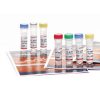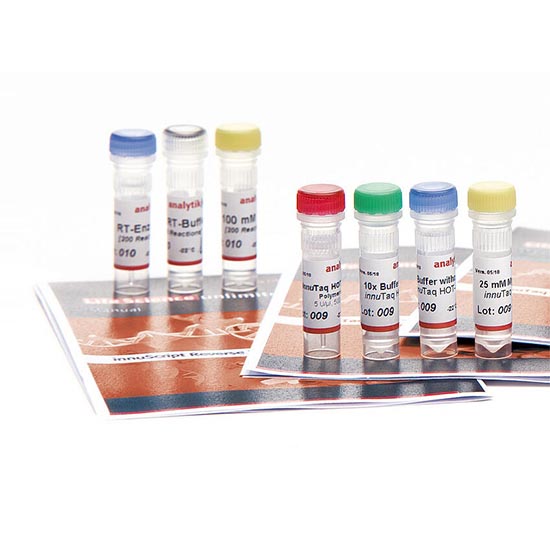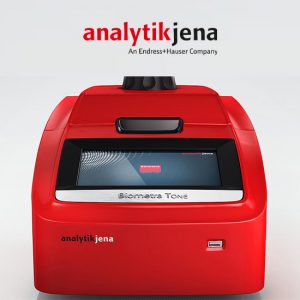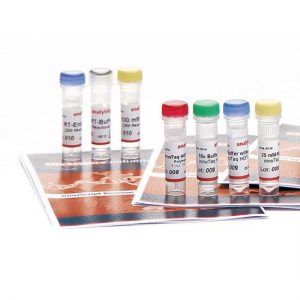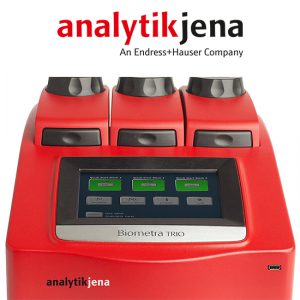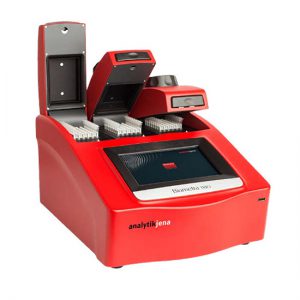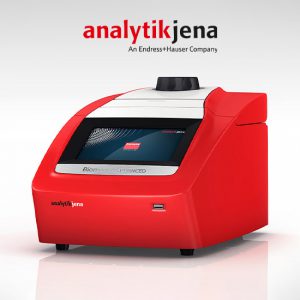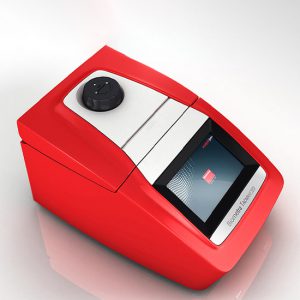Specifications
innuTaq HOT-A DNA Polymerase provides improved specificity and sensitivity when amplifying low-copy-number targets in complex backgrounds or when prolonged room temperature set up is required. The polymerase activity is blocked at ambient temperature and switched on automatically at the onset of the initial denaturation.
The thermal activation prevents the extension of nonspecifically annealed primers and primer-dimer formation at low temperatures during PCR setup. The enzyme catalyzes the polymerization of nucleotides into duplex DNA in 5‘ → 3‘ direction in the presence of magnesium. It also possesses a 5‘ → 3‘ polymerization-dependent exonuclease replacement activity but lacks a 3‘ → 5‘ exonuclease activity. innuTaq HOT-A DNA Polymerase requires no prolonged heating or denaturing step. The polymerase inhibiting ligand is quickly released at the increased temperature of thermal cycling.
– Concentration
5 U/µl
(One unit is defined as the amount of enzyme required to catalyze the incorporation of 10 nmol of dNTPs into a polynucleotide fraction in 30 minutes at 70 °C.)
– PCR Buffer
10× Hot Start Buffer complete; 200 mM Tris-HCl (pH 8.5 at 25 °C); 500 mM KCl; 15 mM MgCl2
10× Hot Start Buffer without MgCl2; 200 mM Tris-HCl (pH 8.5 at 25 °C); 500 mM KCl
– Enzyme storage buffer
20 mM Tris-HCl; 100 mM KCl; 0.1 mM EDTA; 1 mM DTT; 0.5 % Tween 20; 0.5 % Nonidet P40; 50 % (v/v) Glycerol; pH 8.0 (25 °C)
– PS-Mg2+ solution
MgCl2 stock solution 25 mM Store at –20 °C, avoid frequent thawing and freezing.

 English
English
